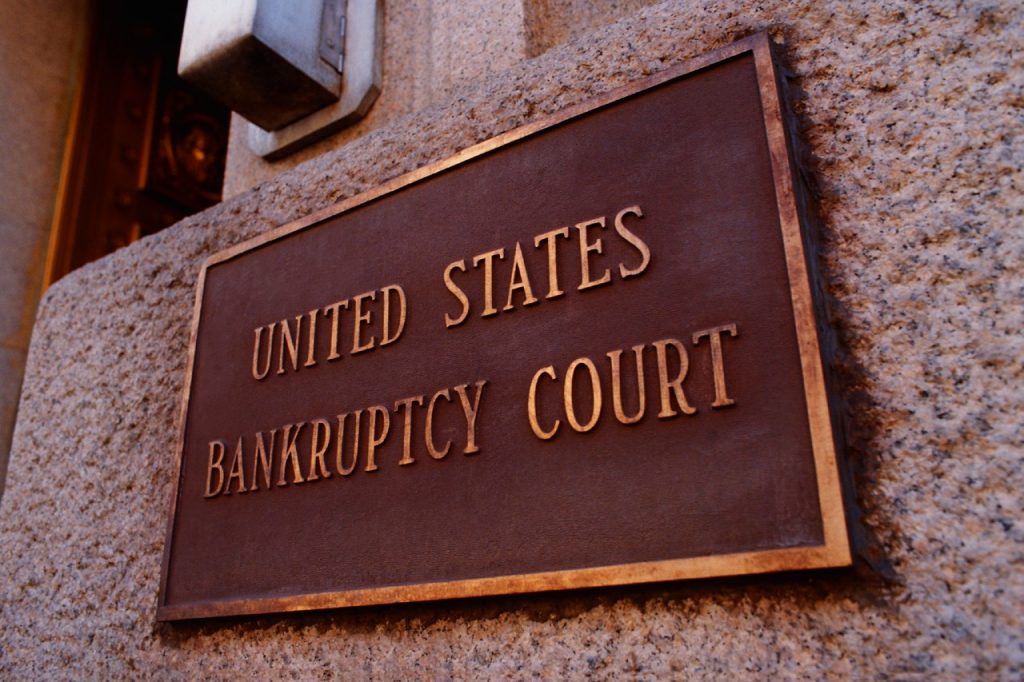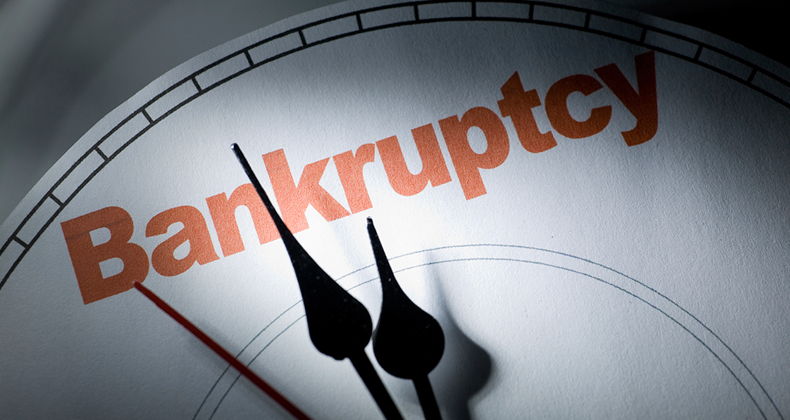5 Myths that are Stopping People from Filing Chapter 13 Bankruptcy
Under the right circumstances, bankruptcy is a great tool to help you erase debts and achieve a fresh start. Unfortunately, the stigma associated with the word Bankruptcy often steers people away from filing. It is important to understand that declaring bankrupt (especially Chapter 13) doesn’t mean you are broke, or are admitting that you can’t pay your debts; on the contrary, it is an option available for you to take ownership of your situation and get your life back in order. Because so many people come into my office reluctant to file for bankruptcy, I have compiled a list of the 5 biggest myths stopping people from filing for bankruptcy. 
Chapter 13 is only for people who are broke or unemployed.
Most people associate bankruptcy with being completely broke and unemployed and therefore assume you need to be poor to file for bankruptcy. For chapter 13, it’s actually the opposite. You must have a job or proof of some type of income, such as a family contribution, in order to file for chapter 13 Bankruptcy.
Your income can be too high to file chapter 13.
Chapter 13 is known as the “wage earner plan” because you must have a job to qualify. However, unlike chapter 7, there is no requirement that your income must fall below a certain level in order to file chapter 13. Because you will be required to make monthly, on-time bankruptcy plan payments, it is imperative that your income is substantial enough to cover your monthly plan payment in addition to your living expenses. Having a good income could help you more than hurt you when it comes to chapter 13 Bankruptcy.
There’s no reason to file chapter 13 since you’ll have to repay all of your debts anyway.
It is true that you will be required to make monthly plan payments towards your debt. However, the percentage of debt you’re asked to repay is determined based on your total debts, the value of your assets, and any disposable income you have. So, there is a possibility that you will only be required to repay a portion of the total debts owed; plus, even if you have to pay them all back, you can force your creditors into a 5 year repayment plan and put an end to the accrual of interest and collections fees.
Filing bankruptcy will prevent me from getting another loan.
A discharged bankruptcy will remain on your credit report for 7 to 10 years. However, having a bankruptcy on your credit report does not have to prevent you from getting another loan. There are steps you can take to rebuild your credit after bankruptcy, and increase your credit worthiness so you can obtain loans in the future. Read more about it here.
Chapter 13 cannot stop a foreclosure.
Chapter 13 is the most common choice of bankruptcy for homeowners trying to stop foreclosure proceedings, and get more time to bring their mortgages and HOA debts current. From the moment your bankruptcy petition is filed, the court will “stay” any foreclosure efforts. This means that your mortgage company will have to stop sending you letters threatening to take your home…immediately! You will be given an opportunity to bring your mortgage and other accounts current over the course of 3 to 5 years.


